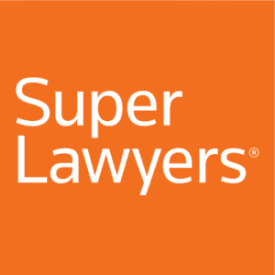How and When Attorneys May Use Unencrypted Email and When They Must Take Special Security Precautions
Published on: February 10, 2023
Data security is your responsibility even if you don’t understand how it works.
Ever since law firms began using computers, there have been concerns about whether attorneys must or should use special security measures, like encryption, to protect confidential and sensitive information. Changes in ethical and procedural rules, including the requirements that lawyers must (1) be technologically competent, and (2) redact court filings, highlight the need for lawyers to be proactive when handling everything from email to smart phones to their office technology.
This one hour ethics CLE program will explore and provide practical tips about attorneys’ duties to safeguard electronic communications, including:
- Competence and confidentiality in the use of technology
- Ethical and legal duties for handling electronic data
- What is encryption, and how and when to use it
- When, and by what methods, attorneys may attachments containing “information relating to representation of a client”
- Threats to the security of electronic data and communications
- An easy to understand explanation of encryption
- Options for securing electronic data and communications
- How and when attorneys may use unencrypted email and when they must take special security precautions when required by a client, by rule, by law, or when the nature of the information requires a higher degree of security
- Practical tips to safeguard confidential and sensitive data







